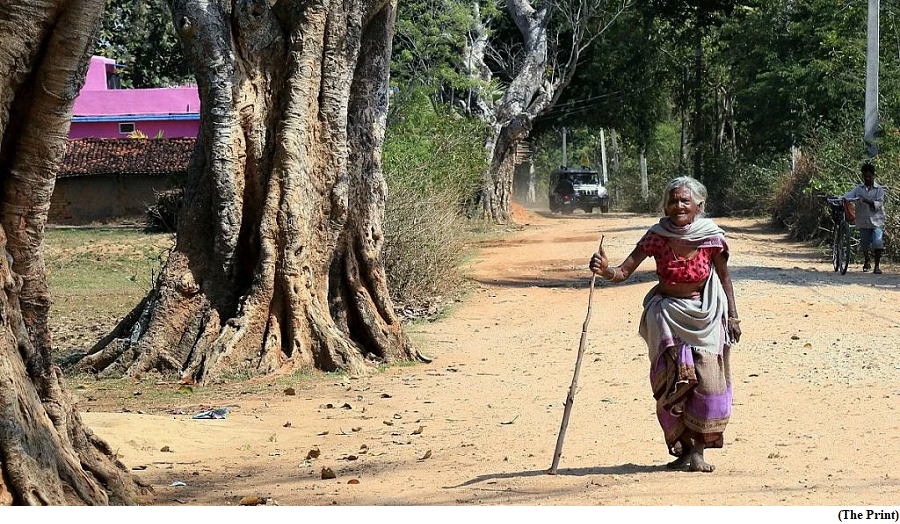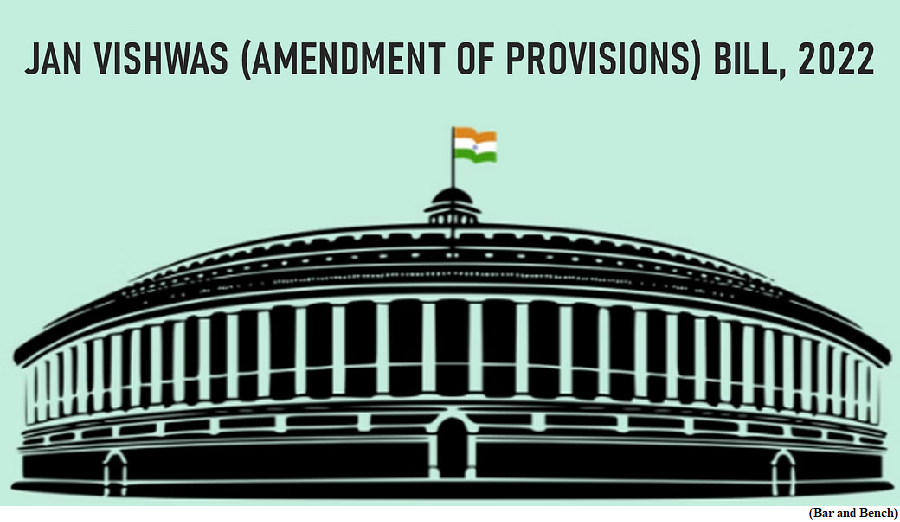Parliamentary panel flags poor quality of rural roads, slow pace of work under PM Gram Sadak Yojana (GS Paper 3, Economy)

Why in news?
- Compromise on the quality of construction of roads under the Pradhan Mantri Gram Sadak Yojana (PMGSY) is unacceptable, the Standing Committee on Rural Development and Panchayati Raj has said in its report tabled in the Lok Sabha.
Details:
- PMGSY is a scheme launched in December 2000 to provide all-weather roads to connect rural areas.
- The report, which assesses the PMGSY urges the Union rural development ministry to take “stronger measures” to ensure that road quality is not compromised.
Subletting provisions:
- The committee observed that contract work taken up at low rates, and a provision in the PMGSY to allow subletting of work to petty contractors, was affecting the quality of construction of roads.
- It recommended that the ministry should rigorously monitor as well as review the subletting provisions.
Slow pace:
- Apart from poor quality of construction, the committee expressed concern over the slow pace of work under the PMGSY, the first phase of which was launched in 2000, the second in 2013 and the third in 2019.
- Just 96.24 percent under PMGSY-I and 97.01 percent under PMGSY-II of the targets fixed have been achieved as on January 31, 2023.
- As for PMGSY-III, which was launched to consolidate existing routes and major rural links to connect rural habitations to agricultural markets, higher secondary schools and hospitals, just 97,000-odd kilometres of roads have been sanctioned out of 1.25 lakh kilometres since 2019. The deadline for completion of work under phase III is March 2025.
MoSPI’s progress report:
- The slow pace of work was also flagged by the Ministry of Statistics and Programme Implementation (MoSPI) in its report published in April.
- According to the MoSPI report, seven states and Union territories, including West Bengal and Maharashtra, failed to reach even 20 percent of their targets under the PMGSY for rural connectivity in the first nine months of the last financial year.
- MoSPI’s progress report of the Twenty Point Programme-2006 categorised the progress of states and UTs that met less than 80 percent of the targets as “poor”.
Recommendations:
RCPLWEA:
- Just 51.61 percent of the work sanctioned under the Road Connectivity Project for Left Wing Extremism Affected Areas (RCPLWEA) was completed as of 31 January 2023.
- The RCPLWEA was launched in 2016 to improve road connectivity in the 44 districts worst affected by LWE as well as some adjoining districts in nine states — Andhra Pradesh, Bihar, Chhattisgarh, Jharkhand, Madhya Pradesh, Maharashtra, Odisha, Telangana and Uttar Pradesh. The deadline for completion of the project was March 2023.
- The report recommended that special efforts and perhaps area-specific professionals who are skilled to work in combat and insurgent zones such as Border Roads Organisation might serve as a boost to the lagging projects under RCPLWEA.
Convergence of PMGSY and MGNREGS:
- For better utilisation of government funds, the parliamentary panel has recommended the convergence of PMGSY and another rural development programme, the Mahatma Gandhi National Rural Employment Guarantee Scheme (MGNREGS).
- On the one hand, the unskilled labourers of MGNREGS would get their workdays while the PMGSY construction work would be collaterally taken up, thus saving its fund.
- It also stated that tree plantation along the roads constructed under PMGSY was being done in convergence with the MGNREGS.
Lok Sabha passes Jan Vishwas (Amendment of Provisions) Bill, 2023 in Parliament
(GS Paper 2, Governance)
Why in news?
- Recently, the Jan Vishwas (Amendment of Provisions) Bill, 2023 was passed in Lok Sabha.

Background:
- The Bill was first introduced in Lok Sabha on 22nd December 2022. Subsequently, it was referred to the Joint Committee of the Parliament.
- The Joint Committee on the Jan Vishwas (Amendment of Provisions) Bill, 2022 held detailed discussions with all the 19 Ministries/Departments along with Legislative Department and Department of Legal Affairs.
- The Report of the Committee has been laid before Rajya Sabha and Lok Sabha on 17th March 2023 and 20th March 2023 respectively.
- The Committee recommended a few more amendments in the Bill. Committee also made 7 general recommendations, out of which, 6 recommendations have been accepted by all the Ministries/Departments concerned.
- Through The Jan Vishwas (Amendment of Provisions) Bill, 2023, a total of 183 provisions are being proposed to be decriminalized in 42 Central Acts administered by 19 Ministries/Departments. Decriminalization is proposed to be achieved in the following manner: -
- Both Imprisonment and/or Fine are proposed to be removed in some provisions.
- Imprisonment is proposed to be removed and fine retained in few provisions.
- Imprisonment is proposed to be removed and Fine enhanced in few provisions.
- Imprisonment and Fine are proposed to be converted to Penalty in some provisions.
- Compounding of offences is proposed to be introduced in few provisions.
Measures for implementation:
For effective implementation of the above, the bill proposes measures such as
- pragmatic revision of fines and penalties commensurate to the offence committed;
- establishment of Adjudicating Officers;
- establishment of Appellate Authorities; and
- Periodic increase in quantum of fine and penalties
- It is also ensured that degree and nature of punishment is commensurate with the severity of the offence.
Significance of the Amendment Bill are:
- The Amendment Bill will contribute to rationalizing criminal provisions and ensuring that citizens, businesses and the government departments operate without fear of imprisonment for minor, technical or procedural defaults.
- The nature of penal consequence of an offence committed should be commensurate with the seriousness of the offence.
- This bill establishes a balance between the severity of the offence/violation committed and the gravity of the prescribed punishment. The proposed amendments ensure the adherence to law by businesses and citizens, without losing the rigor of the law.
- The criminal consequences prescribed for technical/procedural lapses and minor defaults, clog the justice delivery system and puts adjudication of serious offences on the back burner.
- Decriminalization of provisions which affect citizens and certain categories of government employees will help them live without the fear of imprisonment for minor violations.
Way Forward:
- This legislation would serve as a guiding principle for future amendments in various laws. Consolidated amendments in various laws with a common objective will save time and cost for both Government and Businesses alike.



